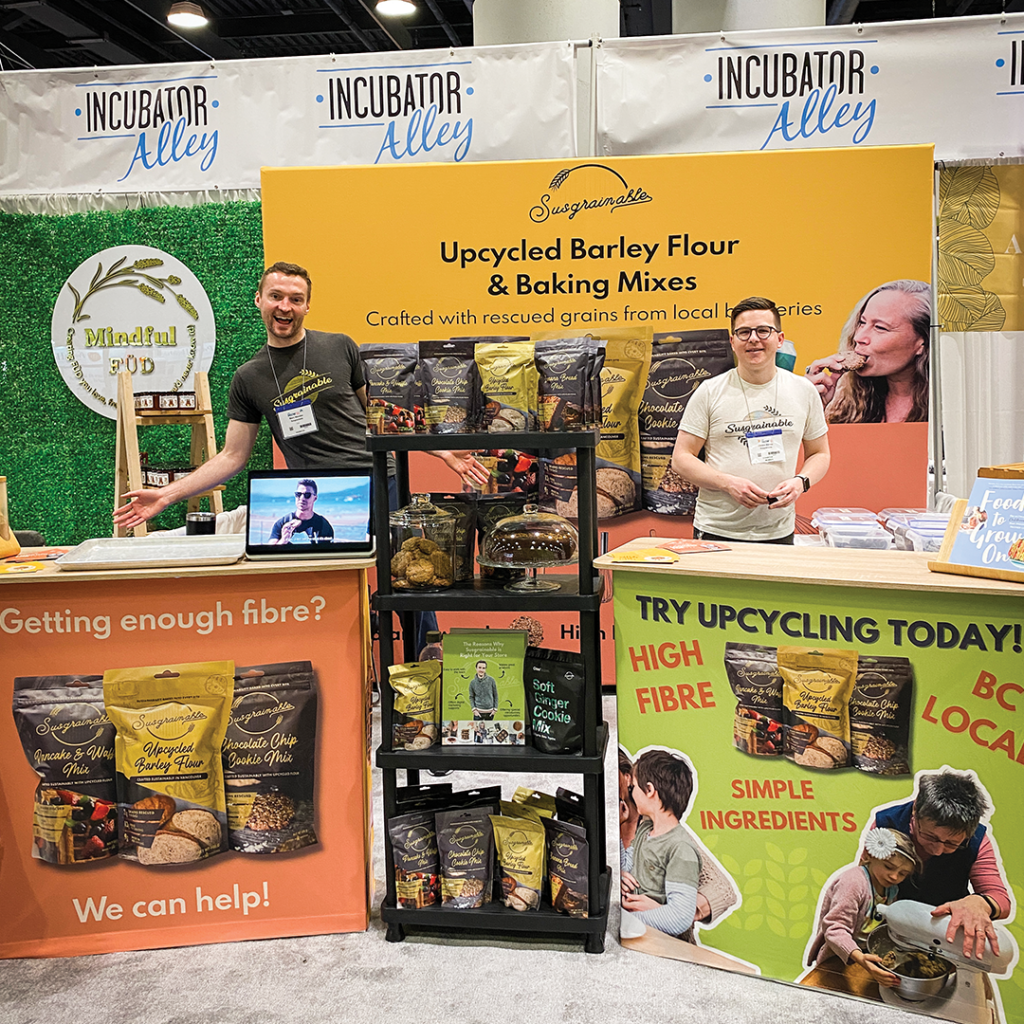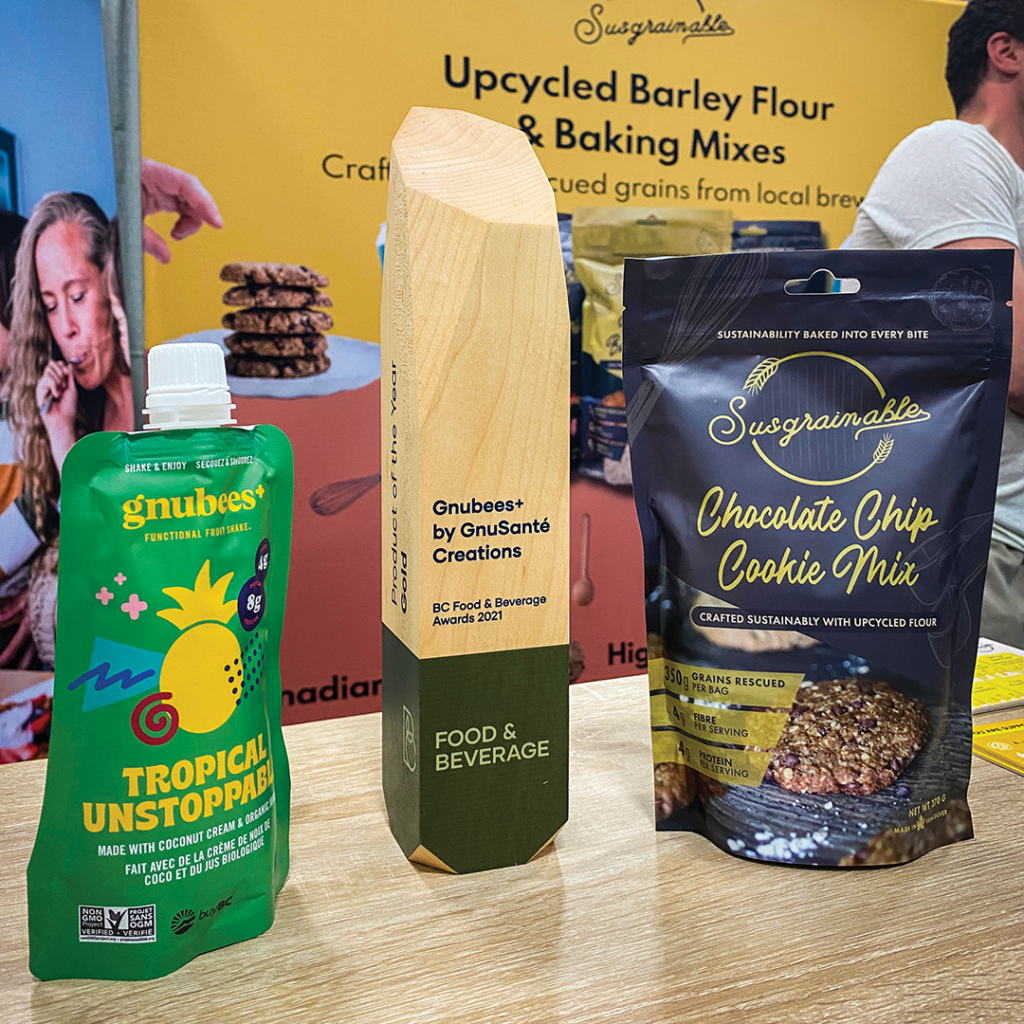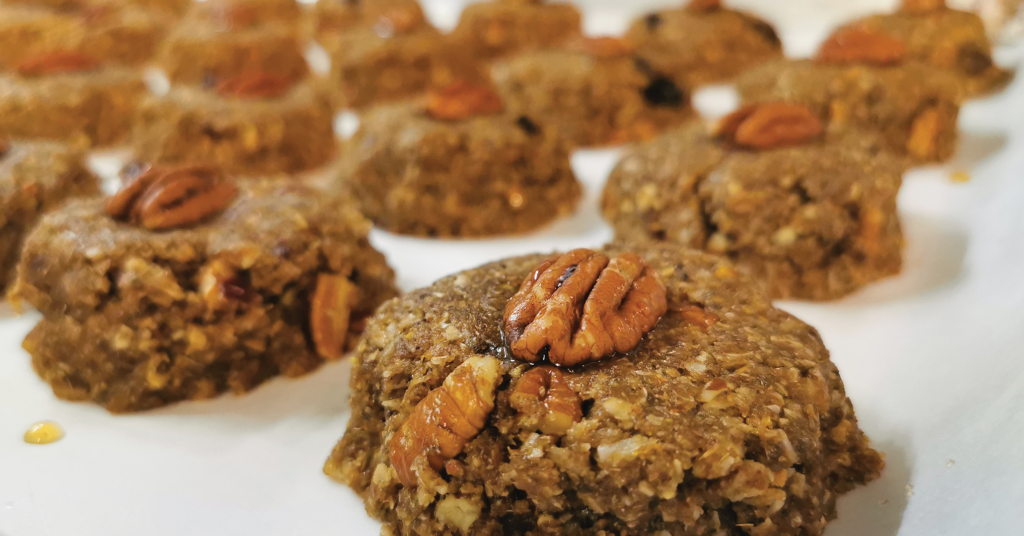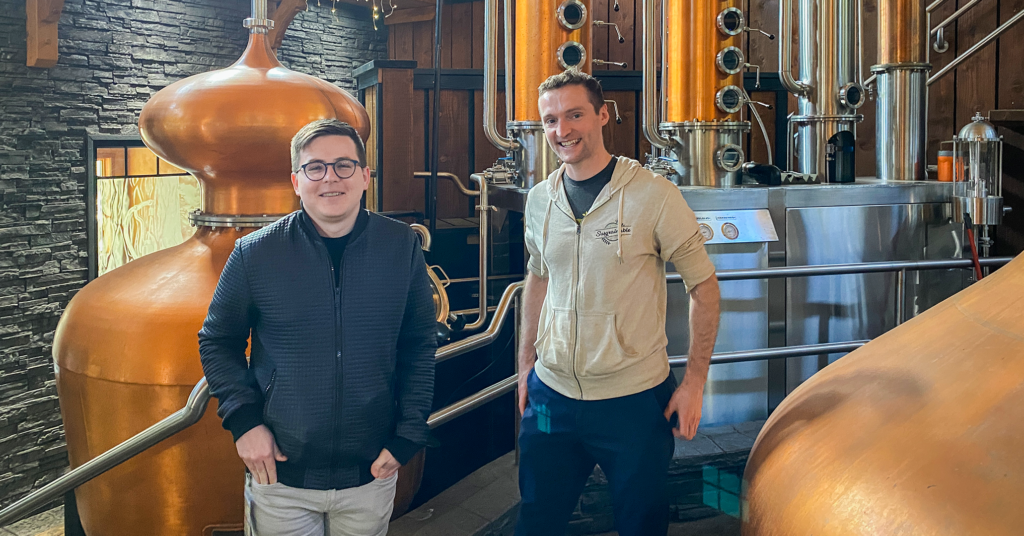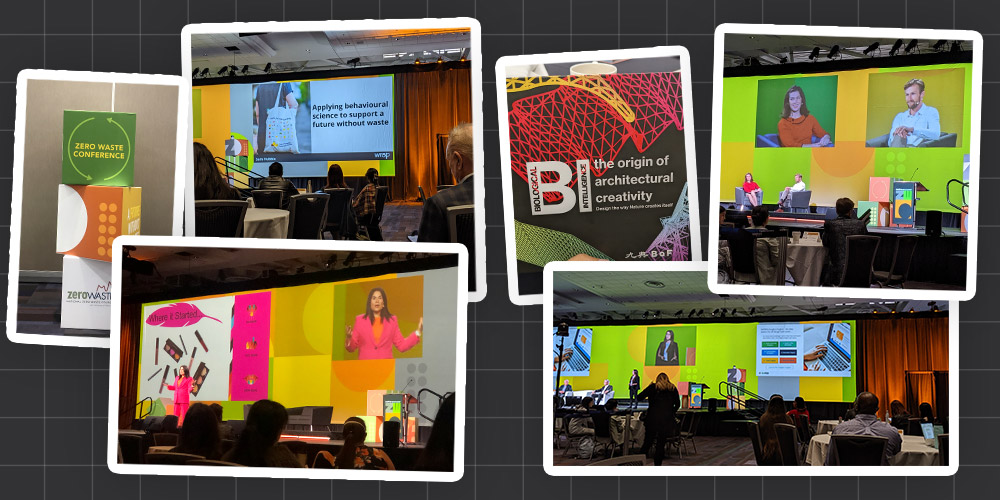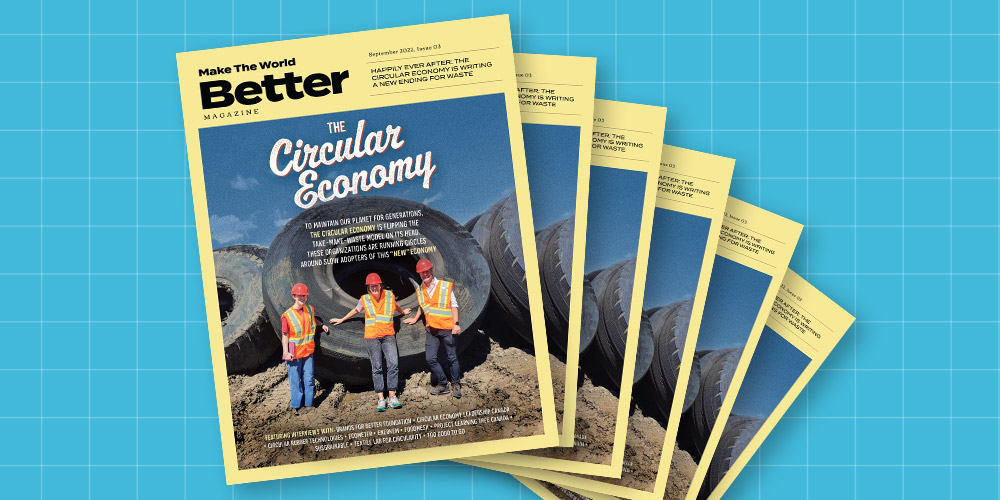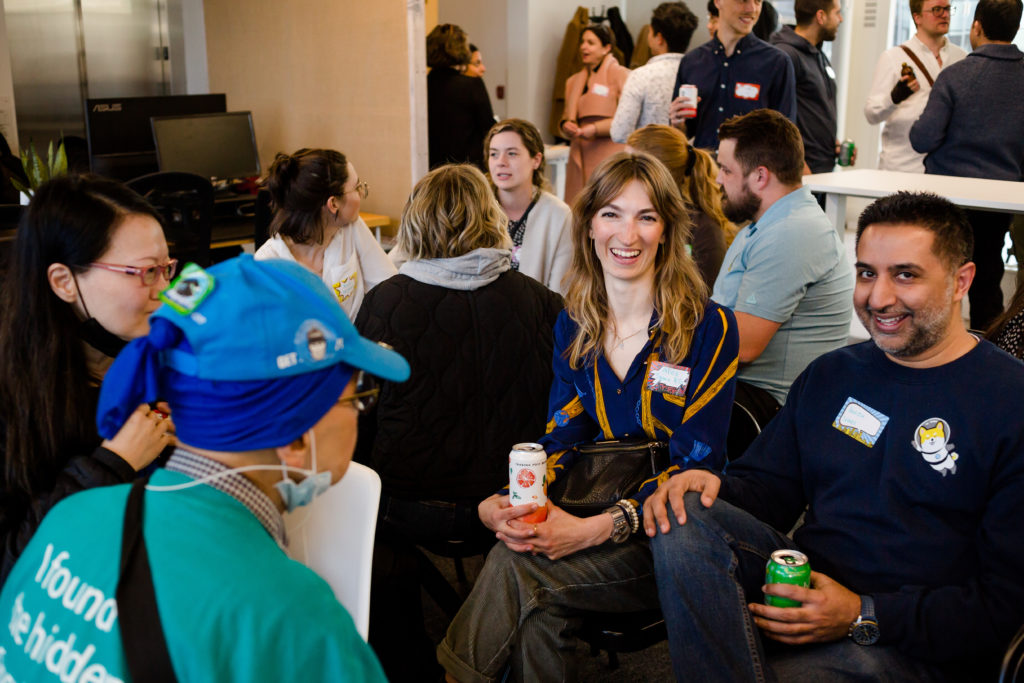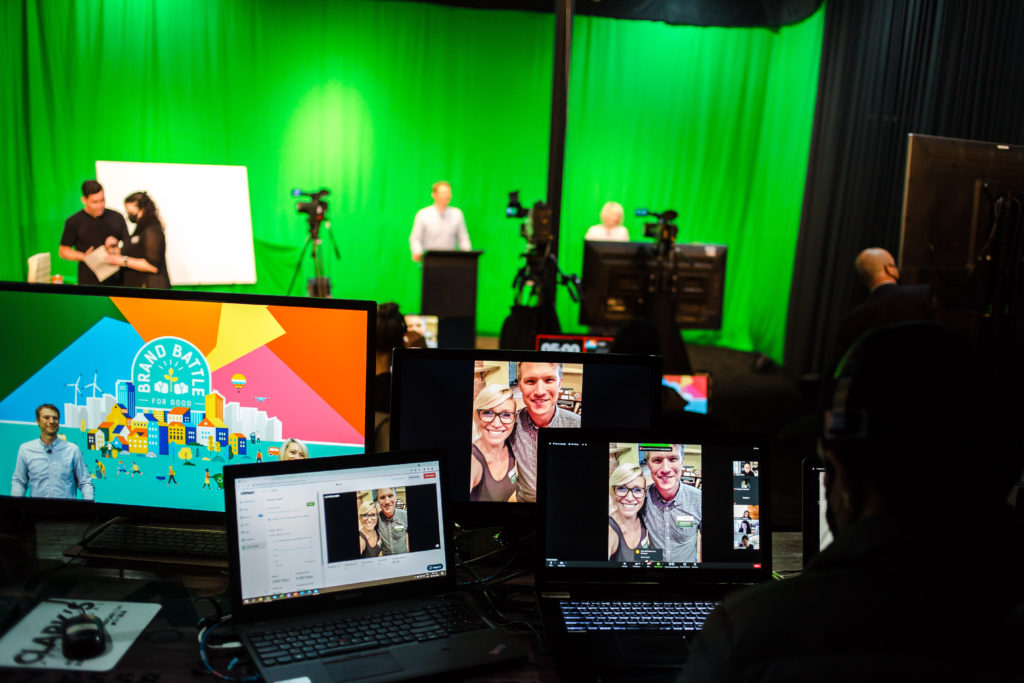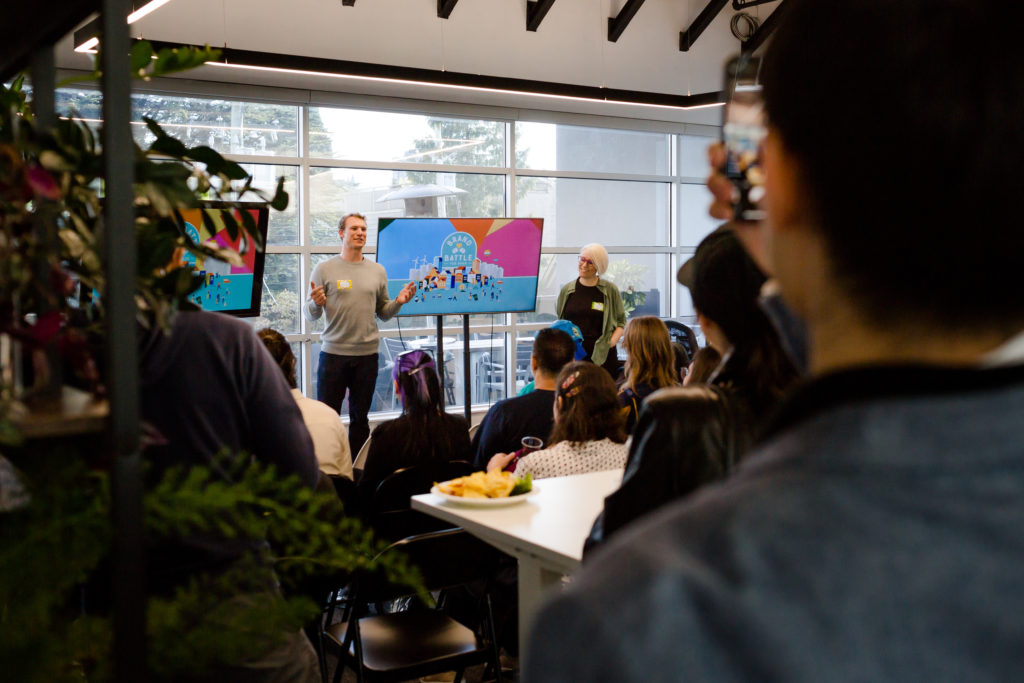In Vancouver, social isolation is a silent epidemic. While already known as a city where it’s difficult to make friends, the pandemic, a lack of equity and inclusion, and financial issues have only made things worse.
When Sparx discovered that Brand Battle for Good (BBFG) 2022 was uniting local brands across Vancouver to fight social isolation, we had to step into the ring. After all, we’re always searching for new ways to make the world better.
It was a thrilling battle, indeed! Check out what we learned and our key takeaways from this exciting, impact-focused melee.
Uniting to Tackle Social Isolation
Over the course of two days, Sparx joined forces with a diverse team (known as “The Disruptors”) at BBFG to ideate tangible ways to fight social isolation. Together, we attended and participated in seminars and team breakouts to expand our understanding of social isolation and combine our unique perspectives to workshop possible solutions.
During the workshop portion, we learned that issues related to social isolation are even more varied and urgent than we ever realized. Different personas have different requirements to solve social isolation, which means finding a solution that can help everyone is extremely difficult.
Stigma, income inequality, and other barriers prevent people from gaining a sense of connectedness and belonging. This is a serious concern, as the extent to which a person can meet their basic needs, cultivate friendships, and secure a sense of place within a community is also associated with their vulnerability to mental illness.
We know how painful feeling isolated can be. Like many businesses, when the pandemic hit, we closed our downtown offices. While switching to operating remotely has allowed us to continue our work and hire talented people who may not have applied otherwise, we also acknowledge that remote work has contributed to the social isolation of our team. We’re constantly seeking ways to make our team feel more connected, but it’s an on-going effort.
While our story may have a happy ending in sight, many of our friends and family members are still far away from theirs. And knowing that so many people in Vancouver are being damaged by the impacts of social isolation has made us even more determined to fight.
Combatting Isolation through Storytelling
Sparx has always believed that storytelling is powerful, and BBFG drove this point home. There were a number of inspirational and impactful stories shared by special guests at the in-person portion of the event.
For example, Carlos Norcia shared a personal story about social isolation and depression in Vancouver.
Chaandani Khan talked about how she experienced social isolation after concussion brain surgery and how her health condition impacted her ability to connect with others.
Indigenous hoop dancer, Eli Gosselin-Rattlesnake shared his culture’s history and performed a ceremonial healing dance.
And Genesa Greening from Vancity taught us that community is a verb, an action, that “we become connected when we get to share our stories,” and how we all need to “find a place to tell our story.”
Pitches were also presented through storytelling, which proved effective in communicating fresh perspectives on the issue and highlighting the ways each solution could help.
Reflections from the Ring
We have a lot to think about after participating in the Brand Battle for Good hackathon.
Through our experience, we came to realize that while important to dream big, issues like social isolation are complex. Even if you cannot help everyone, helping just one person is worthwhile.
We also learned the importance of keeping things simple. Low-tech, low-cost, accessible solutions are the key to reaching people and overcoming social isolation and other pressing concerns. After all, good solutions may already exist, but the people who need them aren’t necessarily able to access them.
While we noted that this year all the finalists were from teams composed only of individuals from their respective companies, we were exceptionally fortunate to have been on a team that included people we wouldn’t have otherwise met. Reflecting on this, we realize that getting to meet new people means venturing beyond our “comfort zone” – something that is at the heart of tackling social isolation.
And, even though our pitch didn’t “win,” the day was a win for those who are suffering from social isolation. It was a victorious day for all of the participants who contributed their collective creative efforts in order to address a problem that hits close to home for all.
Finally, we would be remiss if we didn’t mention how exceptionally well organized and supported the event was. It was a true testament to the strong leadership of the founders and showcased how the Brand Battle For Good can harness talented individuals and brands to collaborate – and even compete – to make positive change. Congratulations to the winning concept, Hello Yello, and a sincere thank you to all of the volunteers who worked tirelessly and with such passion to bring a wonderful event to life. We look forward to seeing what happens at the next round, next year!
Team up with Sparx
Do you want to join the fight for better? Check out Make the World Better Magazine to find out more about organizations making real change, and reach out to us. We’d love to work together to make a positive impact both locally and globally.
